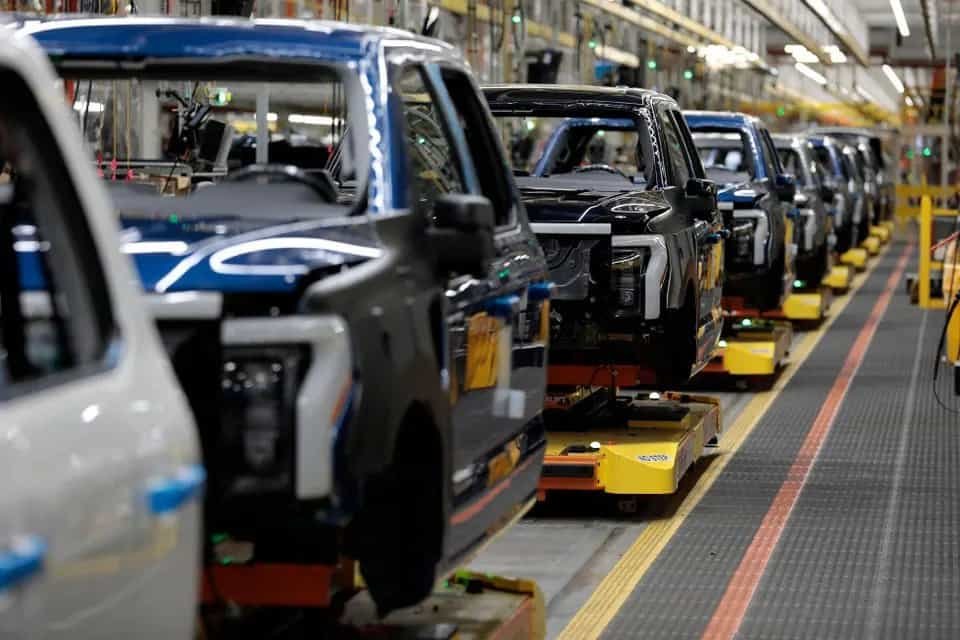As per analysts, several variables, including shifting government rules and people’s growing interest in hybrid vehicles, could be to blame for the significant 14% drop in EV sales in India in June compared to last year. However, June 2024 sales were more than 20% more than the same month the previous year, when government adjustments to subsidies caused a decline in sales.
The Ministry of Road Transport and Highways’ Vahan statistics indicate that EV sales in June 2024 decreased by over 14% to 106,081 units from 123,704 units sold in May. This calendar year’s lowest sales total was recorded. Approximately 839,545 electric vehicles have been sold this year, making up 6.69 percent of the 12,541,684 total number of vehicles sold.
The Center’s decision to lower the maximum subsidy for electric two-wheelers (e2Ws) from about Rs 60,000 to about Rs 22,500 was the reason behind the fall in EV sales last year. Due to this action, the average price of an e2W—which usually falls between ₹80,000 and ₹1,50,000 went up by more than 20%.
In the first week of June, the majority of original equipment manufacturers (OEMs) increased the price of their vehicles in response to the government’s decision to stop providing the subsidy. This led to a large price difference between fuel-powered and environmentally friendly vehicles, which affected prospective customers’ decisions to buy.
In 2024, there will be 839,545 electric cars sold worldwide, of which 57% are electric two-wheelers, or e2Ws.

EV Sales Drop
In April, the government implemented the Rs 500 crore Electric Mobility Promotion Scheme 2024 (EMPS 2024), further cutting the subsidy by half. The subsidy maximum under EMPS 2024 has been lowered for electric two-wheelers (e2Ws) to Rs 10,000 from Rs 22,500 and for electric three-wheelers (e3Ws) to Rs 50,000 from Rs 111,505. An incentive of Rs 5,000 per kilowatt-hour (kWh) will be given to both categories.
Industry leaders fear that if the government doesn’t implement the third phase of FAME or extend the deadline for its existing Electric Mobility Promotion Scheme 2024 (EMPS 2024), the expected boost in sales may be delayed. According to an industry participant, “sales are likely to decline in the short run if the government discontinues incentives for the EV industry, at least until the production-linked incentives scheme for the automobile sector reaches its incentive disbursement stage.” The Auto PLI’s incentives will go into effect on April 1, 2025.